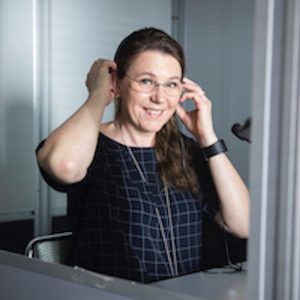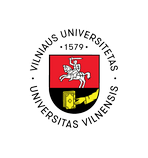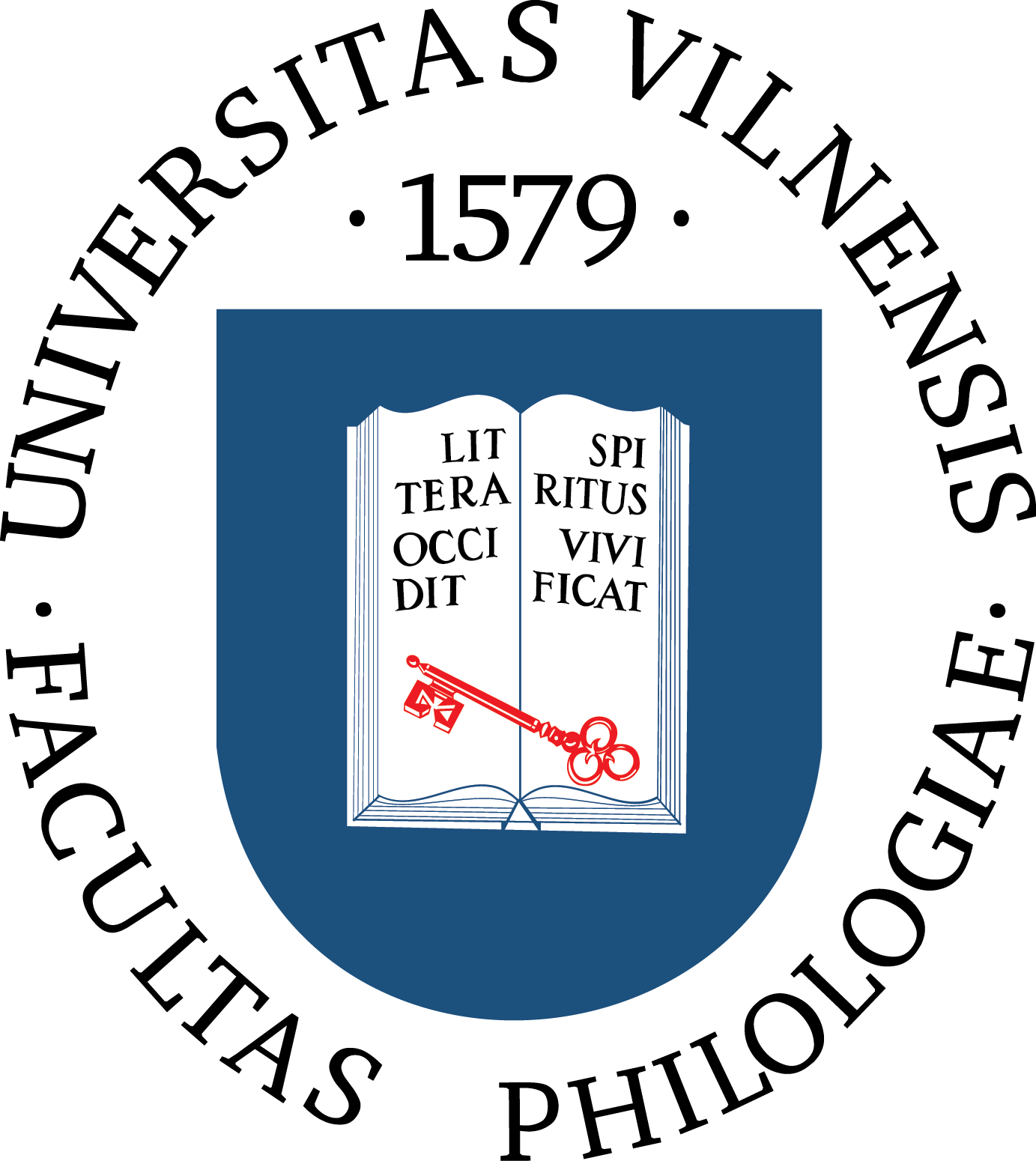
Jorge Díaz-Cintas is Professor of Translation and founding director (2013–2016) of the Centre for Translation Studies (CenTraS) at University College London (United Kingdom). He is the author of numerous articles, special issues and books on audiovisual translation, including Subtitling: Concepts and Practices (with Aline Remael, 2021). A pioneer in audiovisual translation, Jorge has trained translators-to-be across six continents, is a frequent speaker at international conferences and events, and has offered consultant services to the European Parliament, European Commission, NATO, OOONA and Netflix, among others. He is the Chief Editor of the Peter Lang series New Trends in Translation Studies and the recipient of the Jan Ivarsson Award (ESIST, 2014) and the Xènia Martínez Award (ATRAE, 2015) for invaluable services to the field of audiovisual translation.

Nike Kocijančič Pokorn is Professor of Translation Studies at the University of Ljubljana (Slovenia). She publishes on translation and censorship, directionality in translation and public-service interpreting and translation, and is the author of Challenging the Traditional Axioms (Benjamins, 2005) and Post-Socialist Translation Practices (Benjamins, 2012), and co-editor with Kaisa Koskinen of The Routledge Handbook of Translation and Ethics (2021). She was a member of the 8-member European Master’s in Translation (EMT) Expert Group appointed by the Directorate General for Translation at the European Commission that was responsible for setting up the EMT network and creating the EMT competences document. She won the European Society for Translation Studies Award for her doctoral thesis, and served two terms on the board of the European Society for Translation Studies (EST), and two terms on the board of EMT. Currently, she is the director of the network International Doctorate in Translation Studies (ID-TS).

Sharon O’Brien is Professor of Translation Studies at the School of Applied Language and Intercultural Studies at Dublin City University (DCU, Ireland). She obtained a PhD in 2006 on the topic of Controlled Language and Machine Translation Post-Editing Effort (Irish Research Council Scholarship). During the period 1995–1999, she worked as a language technology consultant in the Localisation Industry. She has coordinated a Horizon 2020 EU-funded project called INTERACT: The International Network in Crisis Translation (2017–2020), and was a funded investigator (Science Foundation Ireland) in the ADAPT research centre for over 10 years, where her focus was on human factors and translation technology. Her teaching focuses on language technologies, research methods, translation in crisis settings, and localisation. In 2020, she was appointed Associate Dean of Research in DCU’s Faculty of Humanities and Social Sciences. In 2020, she also became co-editor of the journal Translation, Cognition and Behaviour. Some of her most recent publications are edited volumes (with Prof. Federico Federici) on the topic of crisis translation (Translation in Cascading Crises, 2018, and Translating Crises, forthcoming).

Elisabet Tiselius is Associate Professor of Interpreting Studies at Stockholm University (Sweden). She teaches students in public service, conference and signed language interpreting. Tiselius is a member of AIIC (where she serves on the research committee), and an active interpreter accredited to the EU-institutions and Swedish state authorized in public service interpreting. Her publications cover conference and public service interpreting, both spoken as well as signed language interpreting. She is a co-editor of the Routledge Handbook of Conference Interpreting.
Tiselius is head of the research group Stockholm Process Research in Interpreting and Translation (SPRINT) which focuses on cognitive aspects of interpreting and translation. She is funded by the Swedish research council. She is an affiliated member of MC2lab at the university of Bologna at Forlí, a member of the management committee of the TREC-network, and president of the board of the European Society for Translation Studies. She is also an affiliated researcher to Karolinska Institutet and to Western Norway University of Applied Sciences where she is leader of a work-package of a Norwegian Research Council funded project (DEPICT).

Joss Moorkens is an Associate Professor at the School of Applied Language and Intercultural Studies in Dublin City University (Ireland), where he is associated with the ADAPT Centre, Institute of Ethics, and Centre for Translation and Textual Studies. He has authored or co-authored over 50 journal articles, book chapters, and conference papers on translation technology, machine translation post-editing, user evaluation of machine translation,
translator precarity, and translation ethics. He is General Co-editor of the journal Translation Spaces with Prof. Dorothy Kenny, and co-editor of ‘Translation Quality Assessment: From Principles to Practice’, (Springer 2018), special issues of Machine Translation (2019) and Translation Spaces (2020), and a forthcoming special issue of JosTrans. He leads the Technology working group (with Prof. Tomáš Svoboda) as a board member of the European Masters in Translation network and sits on the advisory board of the Journal of Specialised Translation.

